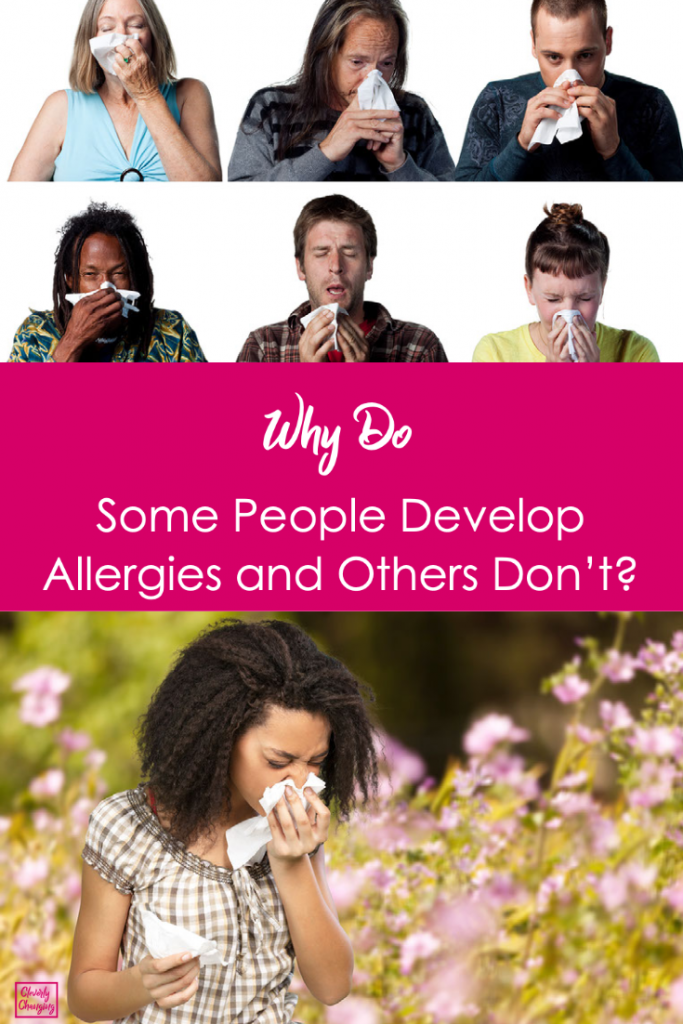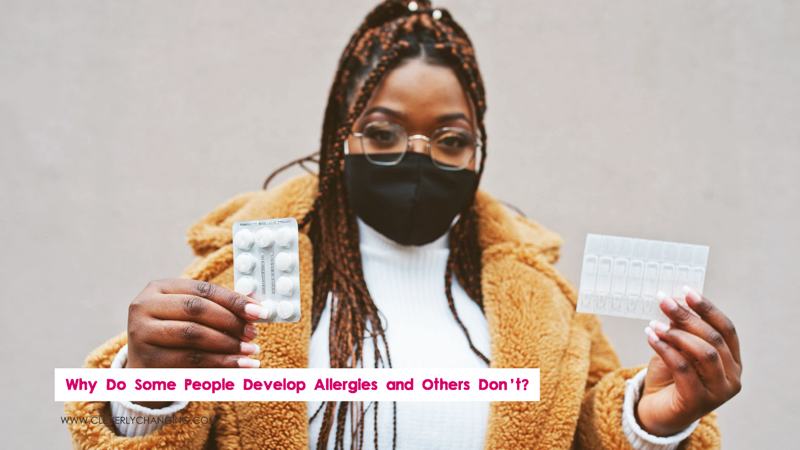Allergies are the immune system’s response to a foreign substance in the body. As a response, antibodies are released to identify that foreign substance and label it harmful, even though it isn’t. These can be substances you’ve inhaled, digested, or come into contact with your skin. Regardless, your body is trying to get rid of it as quickly as possible. But it’s still not understood why some people have allergies, and others don’t.
Symptoms Of Allergies
The symptoms usually depend on the kind of substance and how it has come into contact with the body. Typical symptoms include sneezing and runny nose, itchy eyes, nose, the roof of the mouth, and watery eyes. If ingested, there can be hives, anaphylaxis, or a tingling sensation in the mouth. Skin contact can result in a rash, swelling, anaphylaxis, or a cough/chest tightness. Regardless, it would be best to look for “allergy testing near me” before you end up with complications.

What Is Anaphylaxis?
This is the most severe response to an allergy and constitutes a life-threatening medical emergency. Anaphylaxis can even cause people to go into shock, which puts the body under even more stress. The first signs and symptoms of anaphylaxis involve:
- skin rash
- loss of consciousness
- drop in blood pressure
- rapid and weak pulse
- severe shortness of breath
- nausea and vomiting
You must call 911 if you or someone you know starts to experience these symptoms.
What Are Some Of The Most Common Allergens?
Because allergens come in many forms, they can be found in almost everything. Here are some of the most common ones in the different types.
- Airborne: dust, pollen, dust mites, animal dander
- Foods: nuts, soy, wheat, fish, shellfish, eggs
- Bee or wasp stings
- Medications: penicillin or penicillin-based
- Latex or other ingredients coming into contact with the skin
Children must be tested for allergens as soon as possible so that they and their parents can avoid these substances in the future for a more positive life experience.
Why Do Some People Develop Allergies And Others Don’t?
The simple answer to that question is that there is no definitive answer. Scientists believe that
genetics and environment play a role in who has allergies and who doesn’t. But that cannot be easy to figure out. There is also the fact that some people can “outgrow” their allergies while
others can develop allergies as they grow older. This is because the immune system can
change over time, so what would have been a normal reaction to certain substances now cause
adverse reactions that the person never had before.
Allergies don’t have to be debilitating as long as steps are taken to avoid these known triggers.
Medications should also be kept on hand for when you start to experience mild symptoms, but
once they become more severe, you should seek medical attention immediately. Even if you
have and use an epi-pen, you should still seek medical attention immediately to ensure that
your symptoms do not return when it wears off.

